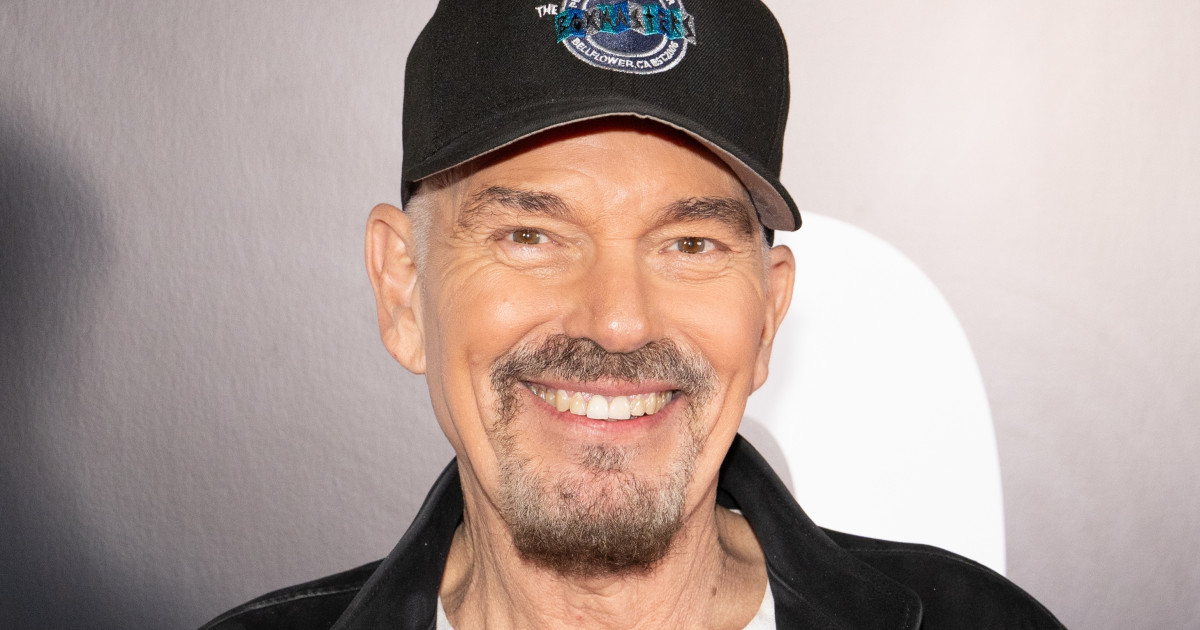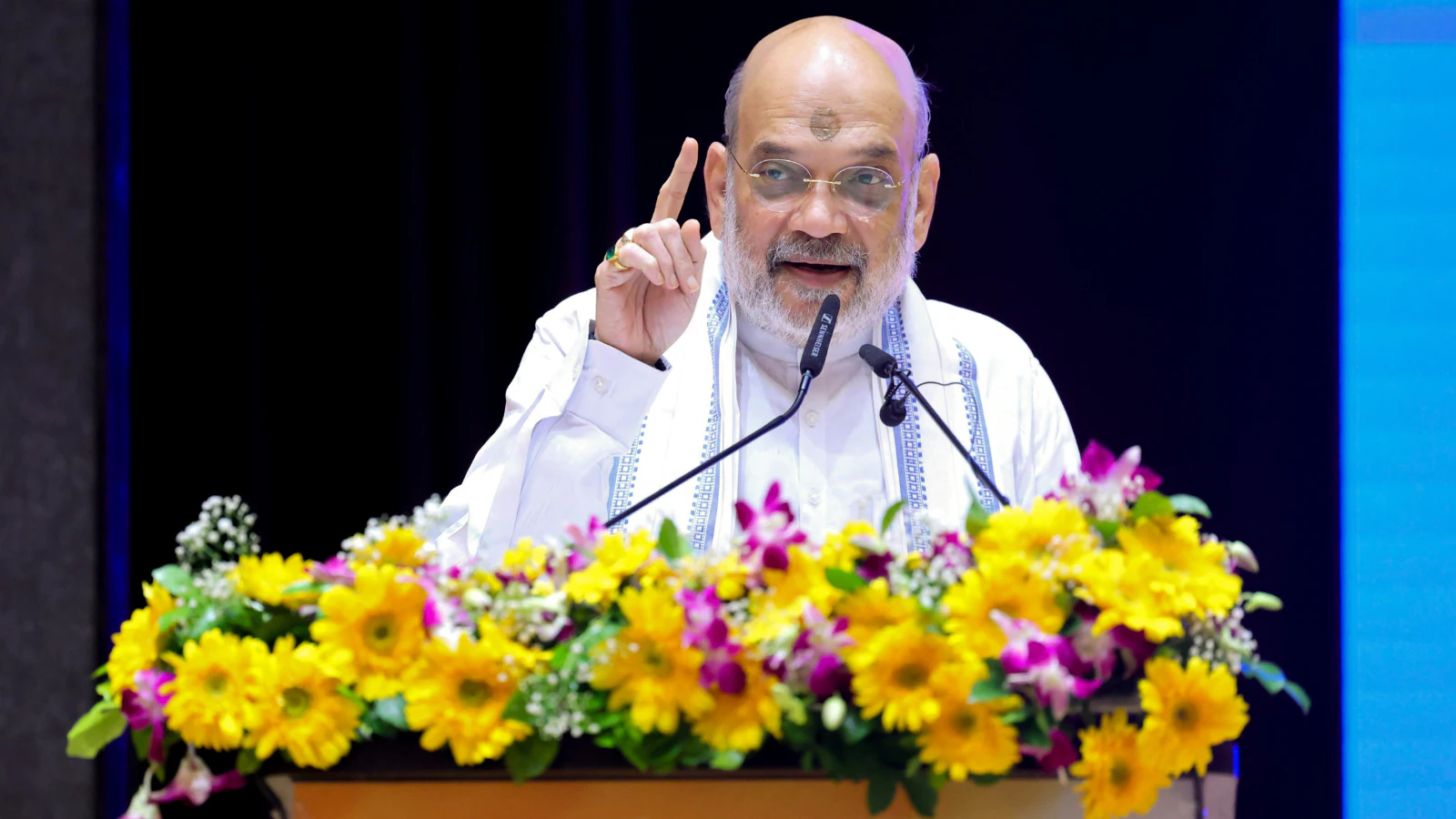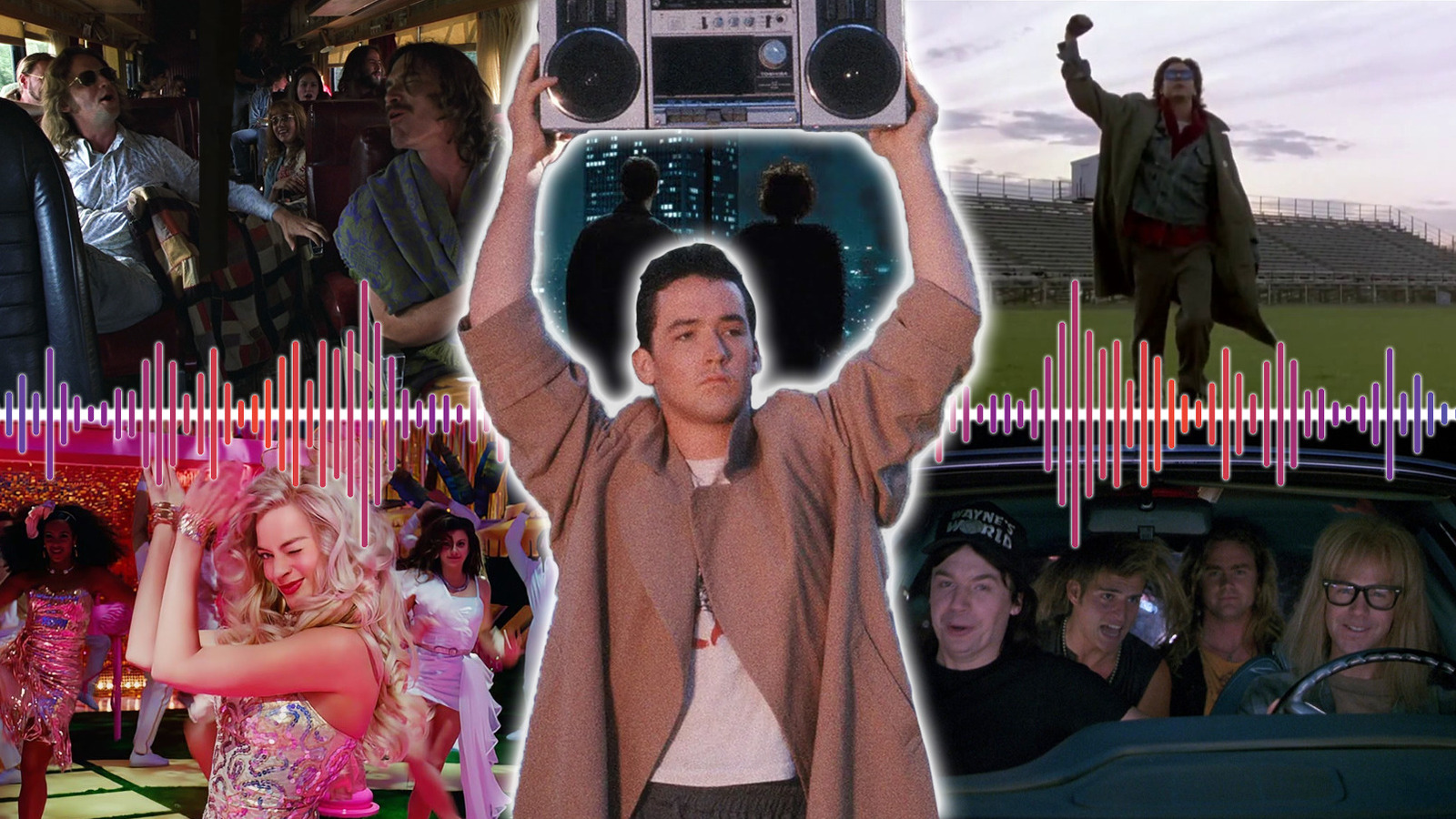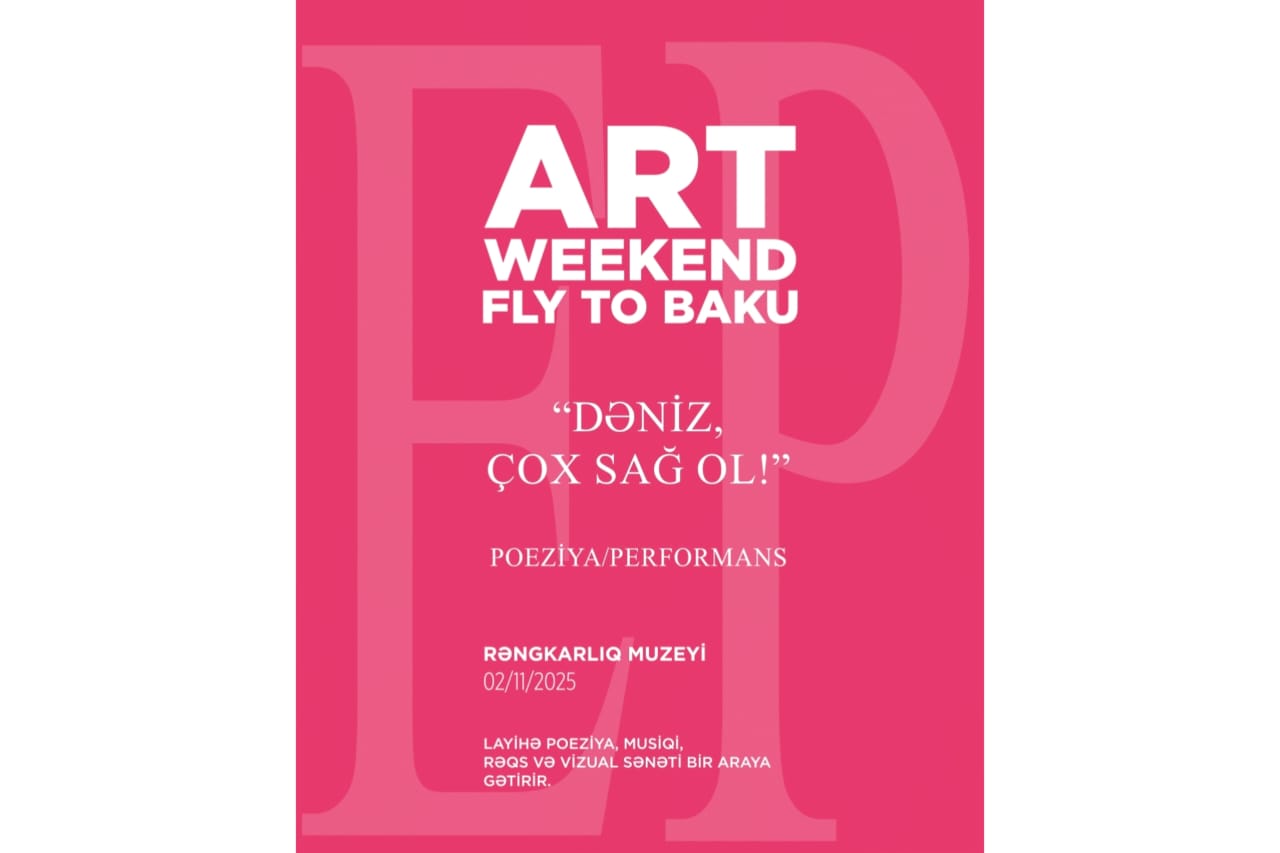Copyright scmp
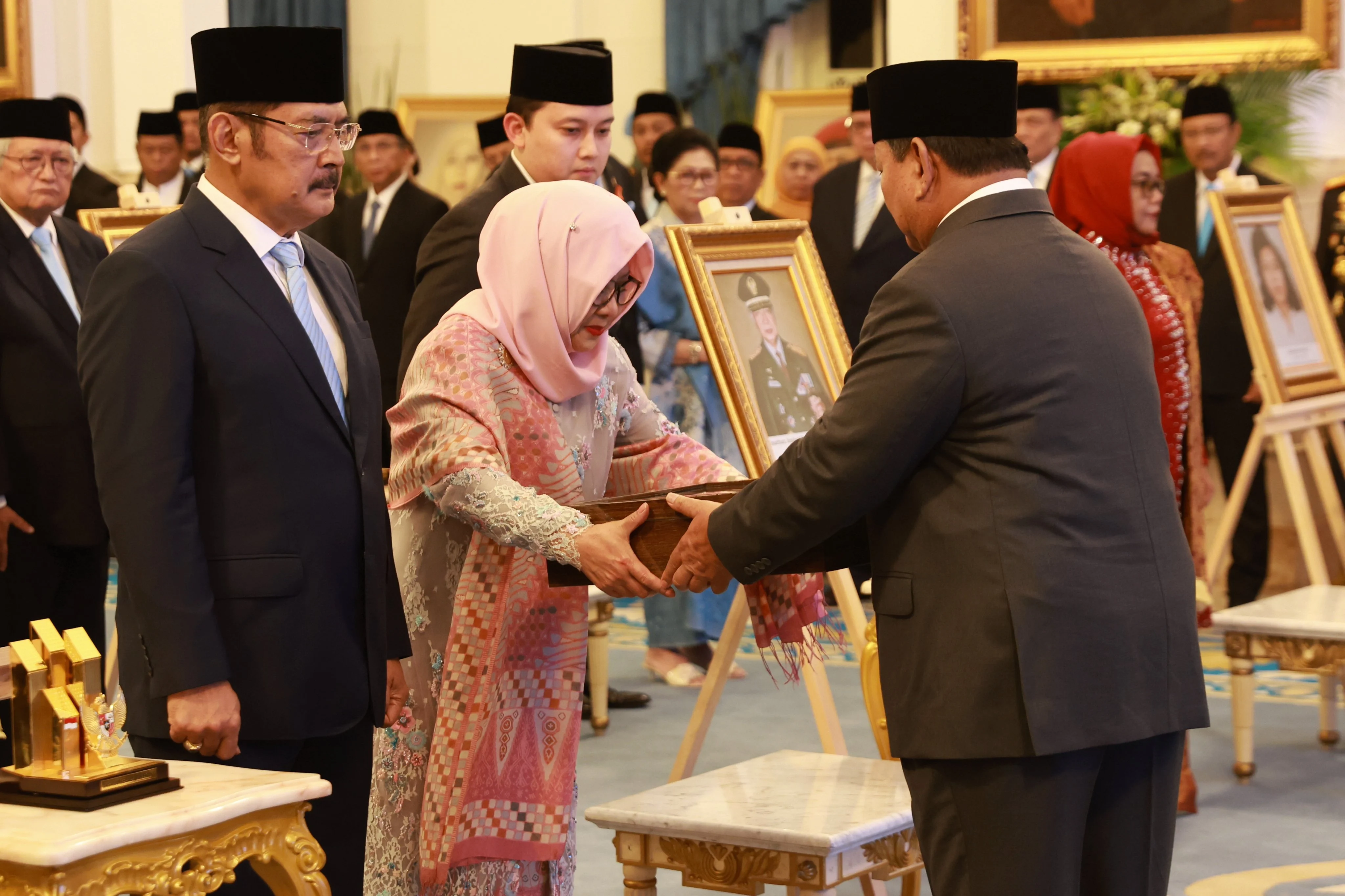
Indonesia awarded the title of national hero on Monday to late president Suharto, who was forced out of office in 1998 by violent protests that ended a three-decade rule marred by accusations of mass human rights violations, corruption and nepotism. The title was conferred in a ceremony presided over by President Prabowo Subianto, Suharto’s former son-in-law, despite protests by pro-democracy activists and the families of those affected by the strongman’s iron-fisted rule. Prabowo took office one year ago. “A prominent figure from Central Java province, a hero of the struggle for independence, General Suharto stood out since the independence era,” an announcer said as Prabowo handed the award to Suharto’s daughter and son. Indonesia gained independence in 1945 from then colonial powers the Netherlands and Japan. Every year, the title of national hero is awarded to Indonesians who have contributed significantly to the Southeast Asian archipelago’s development. Suharto, who died in 2008, was one of 10 people to get the title on Monday. Suharto, a military officer, formally became president in 1967 after he seized control of Indonesia from the country’s first president and independence leader, Sukarno. He steered Indonesia through three decades of rapid economic growth and stability, only to see much of his work unravel as the country was plunged into chaos during the Asian financial crisis in 1997-98. On Monday morning, ahead of the ceremony, Suharto’s portrait was seen among a display of framed pictures of 10 people who will be awarded the title of national hero at the centre of Jakarta’s state palace. Suharto was wearing his military uniform in the portrait. His picture was in the front row, between a picture of former president Abdurrahman Wahid and labour activist Marsinah, who was kidnapped and murdered during Suharto’s rule. “The government has decided. I cannot … that is not my right. I am only here for Marsinah,” said the activist’s sister, Marsini, when asked by journalists about her brother getting the award alongside Suharto. Historical ‘whitewash’? Activists gathered last week in Jakarta to protest against the proposal to grant the title, reflecting wider concerns about historical revisionism in the country. Among them was Tadius Priyo Utomo, 47, an Indonesian living in East Timor for the past 19 years who was one of tens of thousands of students who protested across the country against Suharto in 1998. “Our past struggles will be disregarded … we are the traitors to the country because we fought Suharto and he is now a hero,” Utomo said at a protest last week in Jakarta. He had flown from Dili, the capital of East Timor, especially to attend the rally. Under Suharto, Indonesia invaded East Timor in 1975 at the end of Portuguese rule and annexed the territory later that year, maintaining a heavy and sometimes harsh military presence. East Timor won independence only after Suharto was forced to step down. Suharto, a former soldier, used the military to dominate civilian affairs and crush dissent. He was also accused of massive corruption and nepotism benefiting his family and cronies, although no charge was proved and he never went on trial due to his failing health. Utomo said the current government comprised people favoured by Suharto. For others, the move is also a red flag for things to come under Prabowo, who was a special forces commander under Suharto aside from being married to his daughter before the two were divorced after Suharto’s ousting. Prabowo has also been accused of human rights violations in East Timor by troops under his command, although he has denied the charges. “Prabowo can do everything that president Suharto did because he is protected by his heroism,” said Marzuki Darusman, a former attorney general who was also the head of the 1998 riots fact-finding team. Marzuki specifically pointed to the expanded role for the military that has already taken place since Prabowo took office last year. Even after his death, Suharto’s party, Golkar, remains a major political force which backs Prabowo in his current presidency and holds key ministries in his cabinet. Political analyst Kevin O’Rourke, author of the book Reformasi: The Struggle for Power in Post-Soeharto Indonesia, said naming Suharto a national hero could whitewash history and be an attempt to restore some authoritarianism, although it would not be easy. “It’s quite hard to put democracy back in the box when people are used to it,” he said. He added that the problem was that, for many Indonesians, the Suharto era was a remote era. Half of Indonesia’s population would not have been born or be old enough to remember the era, according to official statistics. But many still remember the hardships. A group of people, known as the Aksi Kamisan, has held silent vigils outside the presidential palace in Jakarta every Thursday for nearly 20 years, dressing in black and demanding justice for excesses endured under Suharto. Many of them say they still do not know the whereabouts of loved ones who went missing under his rule. Officials have defended the move to nominate Suharto for the title, with Culture Minister Fadli Zon saying the government had conducted research and all candidates, including Suharto, had met the requirements. Fadli also said Suharto’s role in mass killings in 1965 that ultimately spelled the end of Sukarno’s rule was never proven. Historians say about 500,000 people were killed. Indonesia has never investigated the killings.
